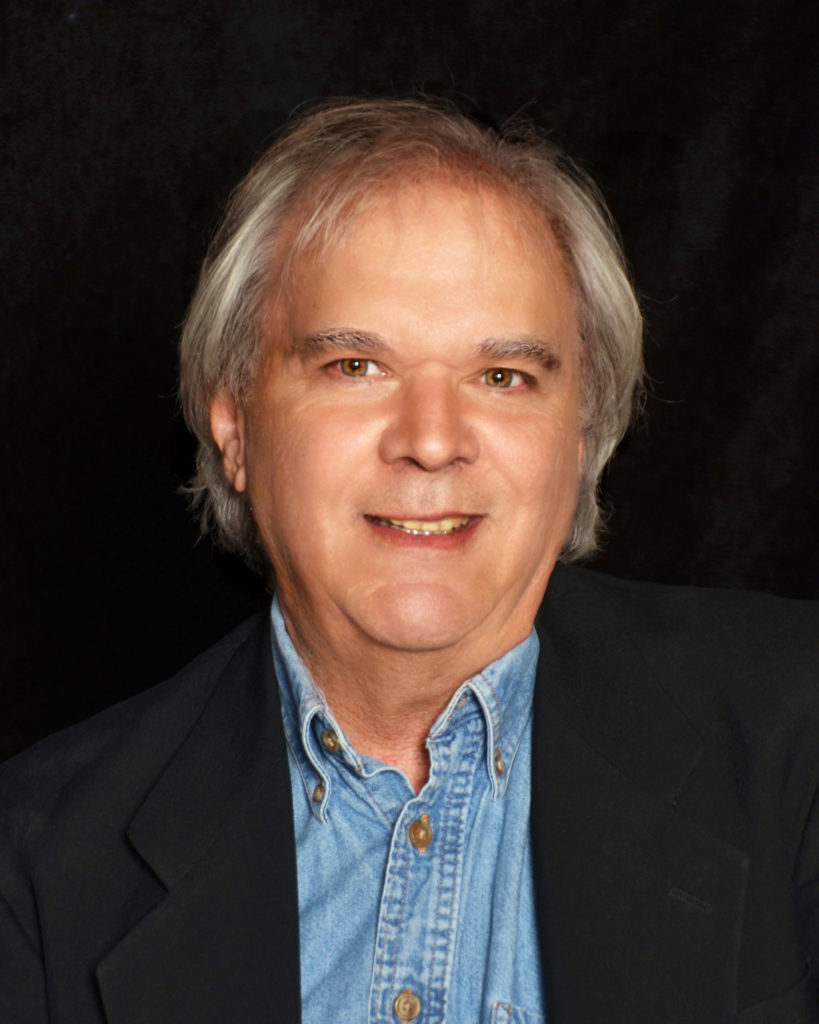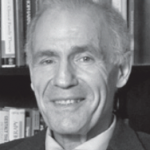A New Way to Talk to Patients about Medication
 Shawn Christopher Shea, MD
Shawn Christopher Shea, MD
Director of the Training Institute for Suicide Assessment and Clinical Interviewing. Internationally recognized innovator in the fields of clinical interviewing and suicide prevention and author of seven books, several of which are included in Doody’s Core List of the most important books in psychiatry and medicine. Dr. Shea has disclosed that he has no relevant financial or other interests in any commercial companies pertaining to this educational activity.
 Mark Katz, PhD
Clinical psychologist and director of Learning Development Services, San Diego, CA. Author of On Playing a Poor Hand Well and Children Who Fail at School and Succeed at Life (both published by W. W. Norton and Company).
Dr. Katz has disclosed that he has no relevant financial or other interests in any commercial companies pertaining to this educational activity.
Mark Katz, PhD
Clinical psychologist and director of Learning Development Services, San Diego, CA. Author of On Playing a Poor Hand Well and Children Who Fail at School and Succeed at Life (both published by W. W. Norton and Company).
Dr. Katz has disclosed that he has no relevant financial or other interests in any commercial companies pertaining to this educational activity.

 Janina Scarlet, PhD
Licensed psychologist, Center for Stress and Anxiety Management, San Diego, CA
Dr. Scarlet has disclosed that she has no relevant financial or other interests in any commercial companies pertaining to this educational activity.
Janina Scarlet, PhD
Licensed psychologist, Center for Stress and Anxiety Management, San Diego, CA
Dr. Scarlet has disclosed that she has no relevant financial or other interests in any commercial companies pertaining to this educational activity.
 Gabor I. Keitner, MD
Director, Family Therapy program at Rhode Island Hospital. Professor, Department of Psychiatry, Brown University.
Dr. Keitner has disclosed that he has no relevant financial or other interests in any commercial companies pertaining to this educational activity.
Gabor I. Keitner, MD
Director, Family Therapy program at Rhode Island Hospital. Professor, Department of Psychiatry, Brown University.
Dr. Keitner has disclosed that he has no relevant financial or other interests in any commercial companies pertaining to this educational activity. Jess Shatkin, MD
Vice chair for education and professor of child & adolescent psychiatry and pediatrics at the New York University School of Medicine. Author of Born to Be Wild: Why Teens Take Risks, and How We Can Help Keep Them Safe (Penguin Random House).
Dr. Shatkin has disclosed that he has no relevant financial or other interests in any commercial companies pertaining to this educational activity.
Jess Shatkin, MD
Vice chair for education and professor of child & adolescent psychiatry and pediatrics at the New York University School of Medicine. Author of Born to Be Wild: Why Teens Take Risks, and How We Can Help Keep Them Safe (Penguin Random House).
Dr. Shatkin has disclosed that he has no relevant financial or other interests in any commercial companies pertaining to this educational activity.
 Michael Weaver, MD
Professor and medical director at the Center for Neurobehavioral Research on Addiction at the University of Texas Medical School. Author of Addiction Treatment (Carlat Publishing, 2017).
Dr. Weaver has disclosed that he received payment from Indivior in the past 12 months. Dr. Carlat has reviewed this article and has found no evidence of bias in this educational activity.
Michael Weaver, MD
Professor and medical director at the Center for Neurobehavioral Research on Addiction at the University of Texas Medical School. Author of Addiction Treatment (Carlat Publishing, 2017).
Dr. Weaver has disclosed that he received payment from Indivior in the past 12 months. Dr. Carlat has reviewed this article and has found no evidence of bias in this educational activity.
 Kevin P. Hill, MD
Director, Division of Addiction Psychiatry, Beth Israel Deaconess Medical Center, and assistant professor of psychiatry at Harvard Medical School.
Dr. Hill has disclosed that he has no relevant financial or other interests in any commercial companies pertaining to this educational activity.
Kevin P. Hill, MD
Director, Division of Addiction Psychiatry, Beth Israel Deaconess Medical Center, and assistant professor of psychiatry at Harvard Medical School.
Dr. Hill has disclosed that he has no relevant financial or other interests in any commercial companies pertaining to this educational activity.

_-The-Breakthrough-Antipsychotic-That-Could-Change-Everything.webp?t=1729528747)



